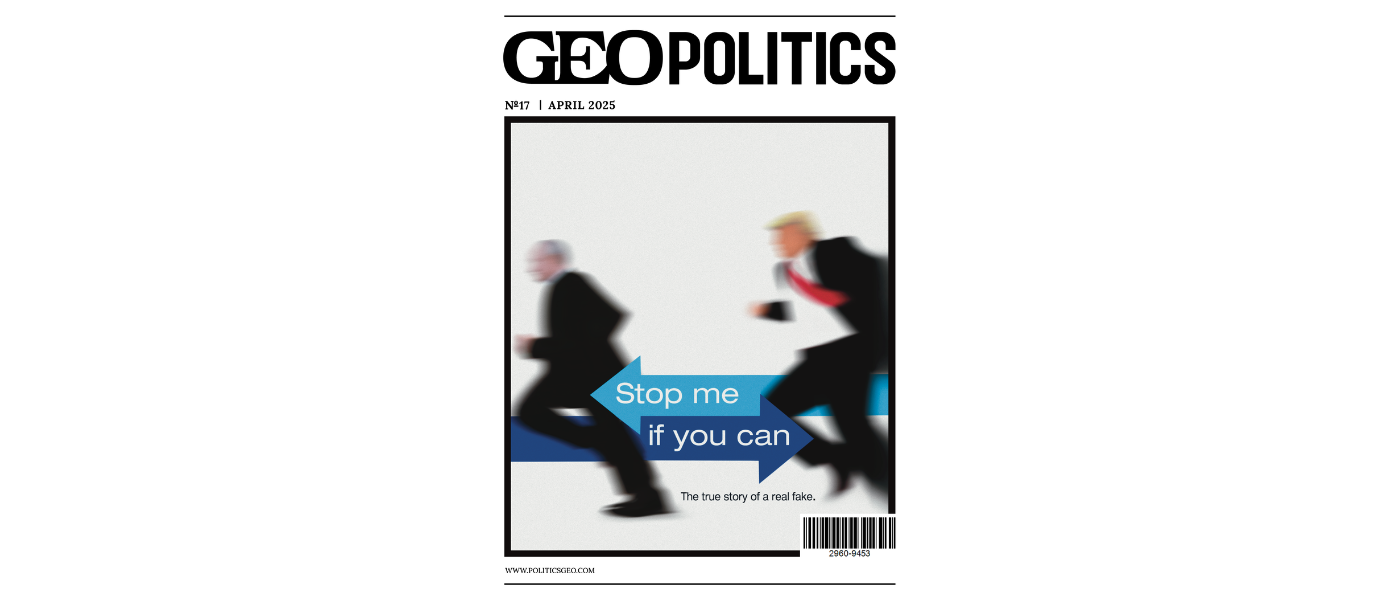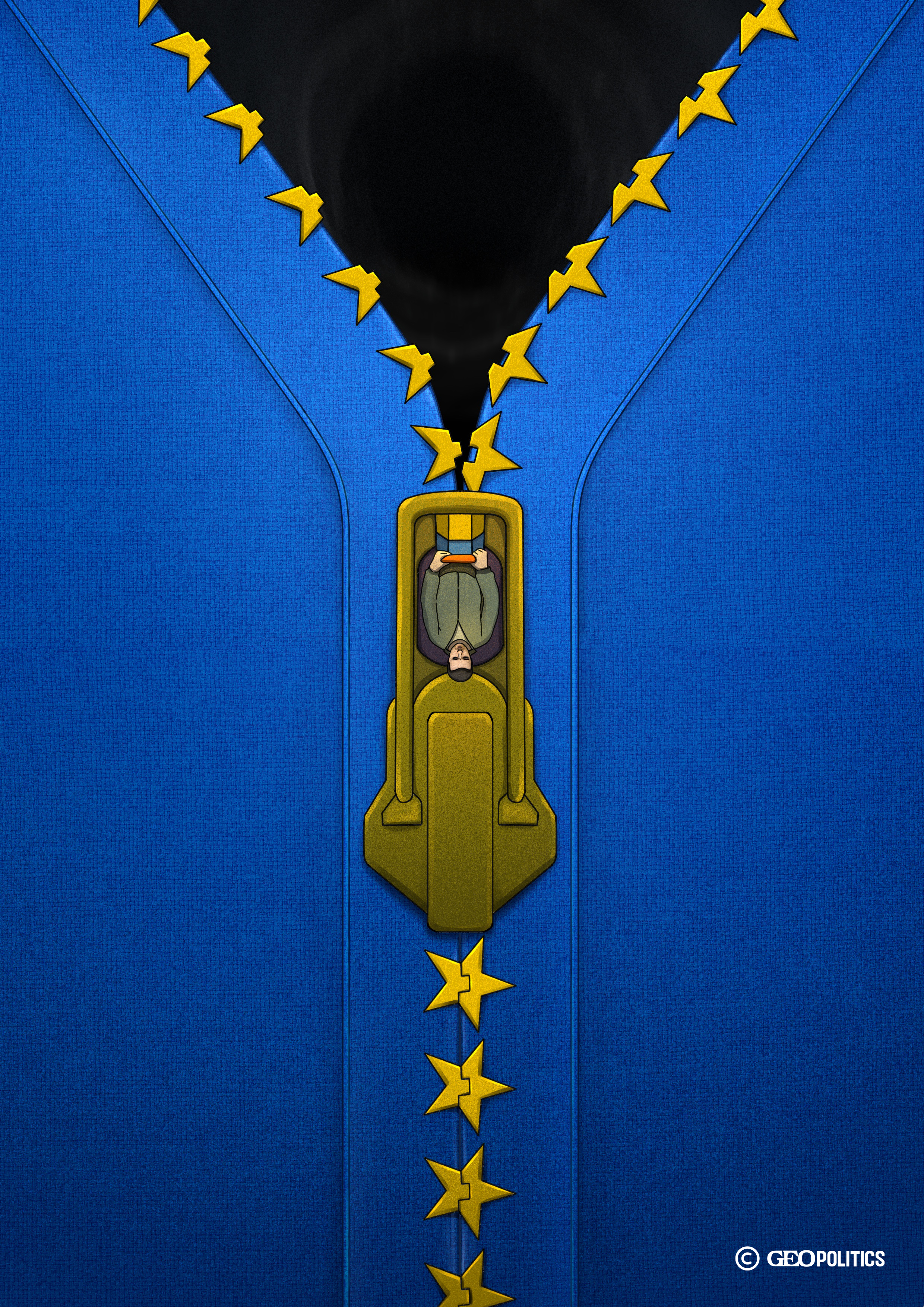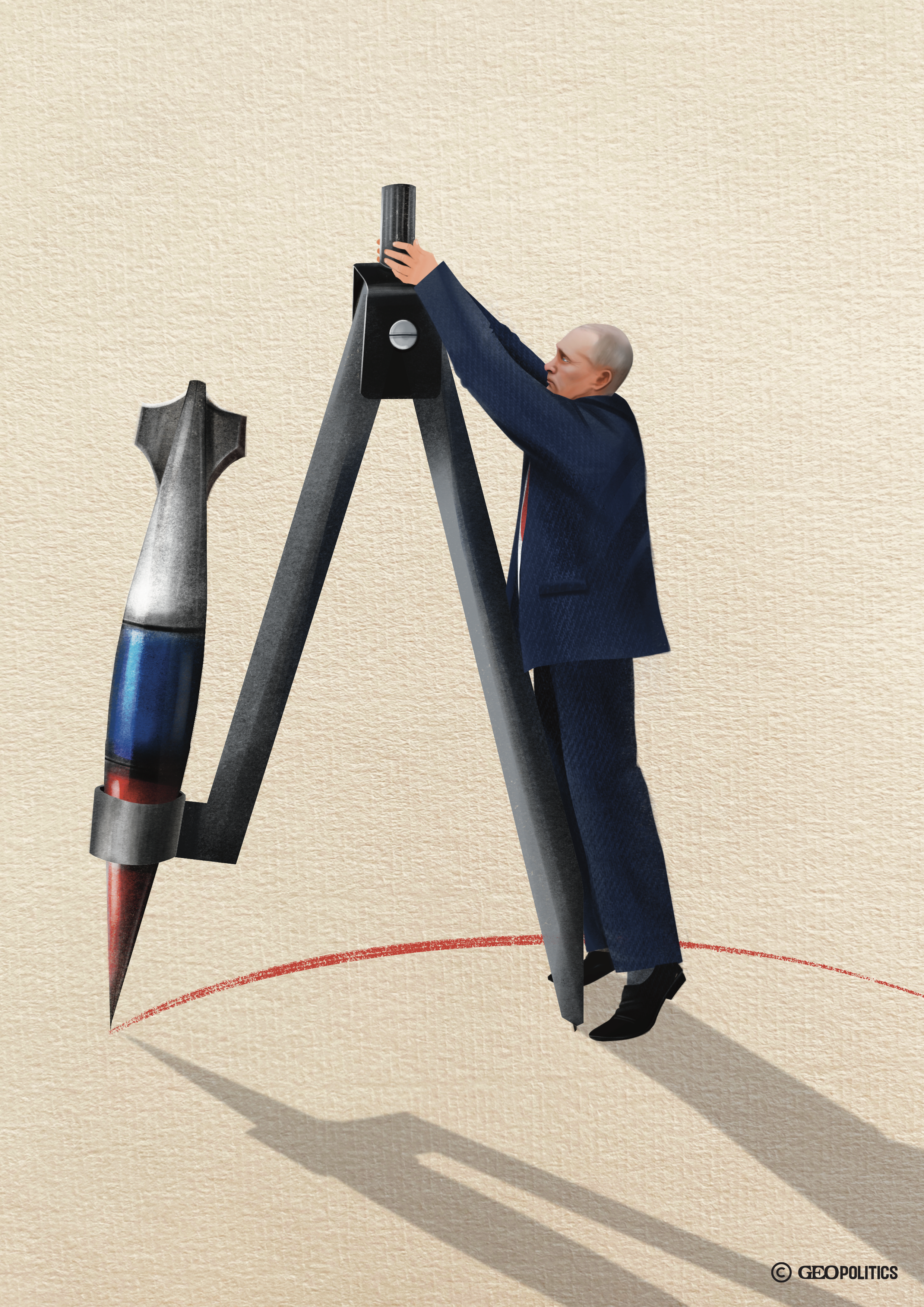Multipolarity is often praised as a more balanced and modern alternative to the unipolarity of American dominance or the bipolarity of the Cold War. But not all multipolarity is created equal. When the term becomes a euphemism for regional hegemony, “civilizational” blocs, and spheres of influence, it ceases to be a safeguard for peace — and becomes a gateway to instability, coercion, subjugation of smaller countries, and war. If the world slips into a multipolarity defined not by equitable cooperation among powers but by the return of imperial thinking, the strongmen, like Putin, will divide up zones of control, rewrite the rules and international law, and treat small states not as sovereign actors but as bargaining chips. In this new disorder, sovereignty will inevitably be conditional; alliances will become transactional, and the foundational norms of the post–Cold War order will be up for grabs. This is a nightmare for the small states in Europe’s east.
This issue of GEOpolitics unpacks this looming dangerous transformation. Multipolarity, as practiced by today’s revisionist regimes, is not a pluralist ideal—it is a power grab dressed up in multilateral robes.
Attached File






